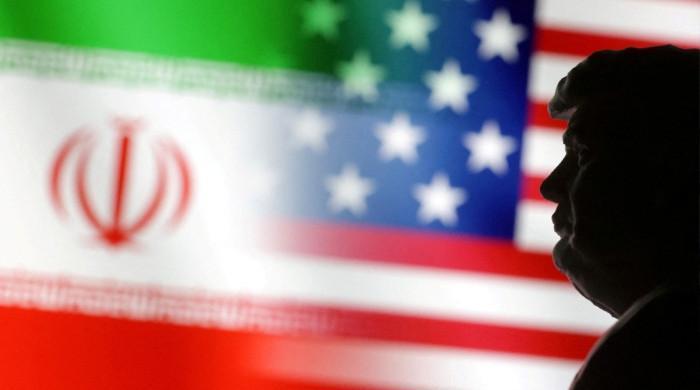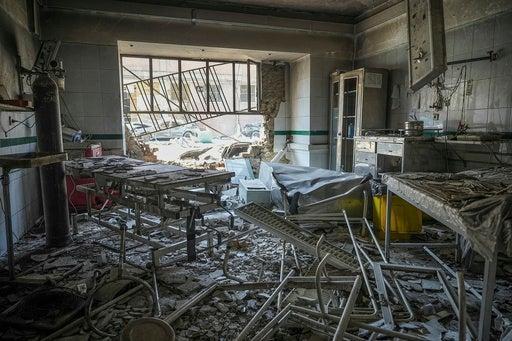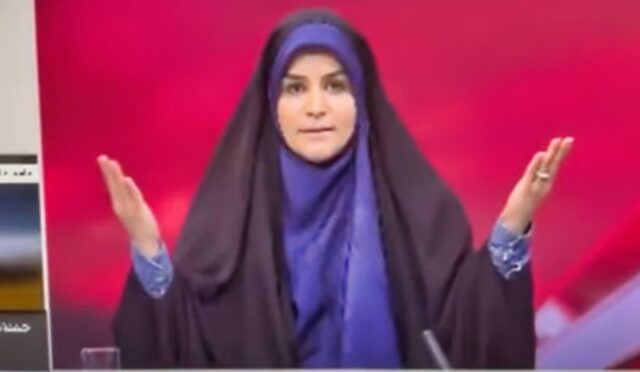Who Truly Benefits From a New US-Iran Nukes Deal?
The potential revival of a nuclear deal between the U.S. and Iran has stirred considerable debate. Critics argue that any agreement lacking conditions tied to human rights improvements will primarily enrich the regime’s elites while exacerbating repression and suffering for ordinary Iranians. This concern is particularly relevant as President Donald Trump previously expressed intentions to renegotiate terms following his administration’s withdrawal from the Joint Comprehensive Plan of Action (JCPOA).
Iran’s Supreme Leader, Ali Khamenei, outwardly rejected Trump’s proposal, labeling it a mere ploy to mislead public opinion. However, within Iran’s governmental hierarchy, mixed signals emanated, with some officials indicating a willingness to reassess the situation. This tactical ambiguity has historical precedence, as Khamenei adopted similar strategies during earlier negotiations.
Legacy of the JCPOA
The JCPOA, brokered in 2015 by the Obama administration, was characterized by Trump’s sudden exit in 2018. He contended that the agreement did not sufficiently protect U.S. interests and argued that it flooded Iran with resources while neglecting fundamental issues like human rights abuses. Critics of the JCPOA highlight that the resulting financial relief disproportionately benefitted the regime’s powerful military affiliates, leaving most ordinary citizens with no meaningful gain.
Moreover, the agreement’s failure to incorporate human rights had dire implications for Iran’s marginalized groups, including various ethnic minorities. The focus on nuclear capabilities and regional security often overshadowed the authoritarian regime’s repression, further entrenching economic and social inequities. As sanctions pressure eased, the regime intensified its ideological policies against non-Persian communities.
Will the New Deal Serve the People?
With discussions on a new nuclear deal reemerging, one of the pressing questions remains: will this agreement benefit anyone outside the ruling regime? Trump’s outlined conditions for sanction relief, such as halting uranium enrichment and ceasing support for Hezbollah, fail to address the pressing human rights conditions within Iran. Consequently, should future negotiations disregard these crucial aspects, the marginalized populations stand to suffer further.
This oversight is part of a recurring pattern where Western nations prioritize strategic gains over the humanitarian needs of Iranian citizens. Past negotiations have consistently reinforced the ruling elite’s power while neglecting the plight of everyday people, resulting in heightened repression and economic despair.
Consequences for Iran’s Minorities
For the ethnically and religiously diverse populace of Iran, a nuclear deal that ignores their struggles could be catastrophic. The regime’s systematic persecution against non-Persian groups has seen a surge in executions and detentions, furthering their marginalization. These communities have experienced heightened poverty and unemployment, exacerbating their access to basic services.
Additionally, dissent suppression extends beyond ethnic minorities; students, journalists, and activists face severe crackdowns for challenging the government’s authority. Without explicit terms in any potential agreement aimed at improving human rights, the deal could serve merely as a license for continued oppression.
Comprehensive Approach to Diplomacy With Iran
Recognizing the unique nature of the Iranian regime is crucial in any negotiation. While many Western commentators strive to rationalize the government’s actions, it is essential to confront the ideological motives driving Iran’s policies. A nuclear deal devoid of guarantees for the Iranian populace will likely perpetuate the existing inequalities and allow the regime to maintain its grip on power.
Adopting a more integrated approach to diplomacy with Iran necessitates embedding human rights concerns into the core of negotiations. Accountability measures must be enforced to prevent the regime from exploiting financial resources to further entrench repression. Furthermore, genuine representation from opposition figures, particularly from marginalized groups, is necessary in shaping any future agreements.
Towards a Just Outcome
Ultimately, any nuclear deal should aim not only at halting the expansion of Iran’s nuclear capabilities but also at fostering an environment that enables the Iranian people to pursue their democratic aspirations. By focusing on human rights alongside security interests, a more sustainable peace and stability in the region could be cultivated.
Dr. Loqman Radpey, an expert in the Middle East, champions this comprehensive diplomacy approach, advocating for genuine representation in negotiations. Only through persistent efforts to improve human rights can future agreements potentially lead to a more equitable and prosperous Iran.







